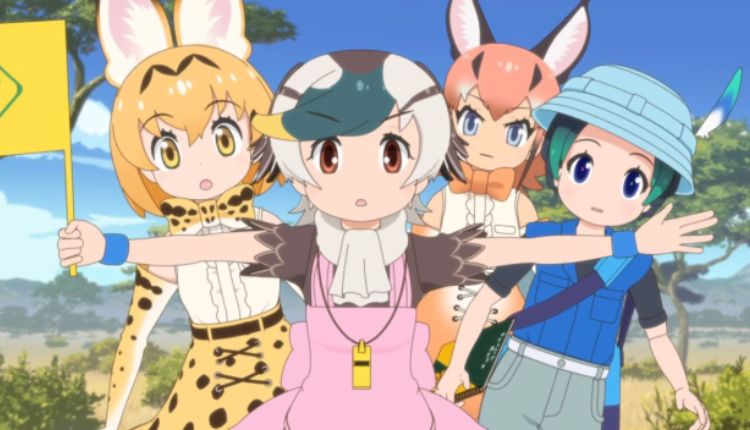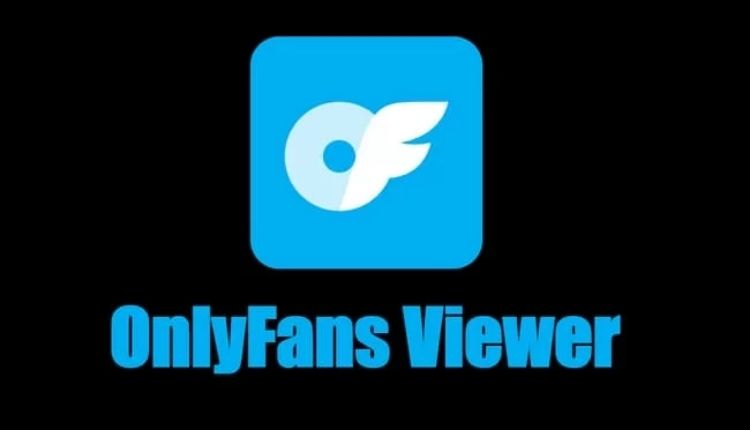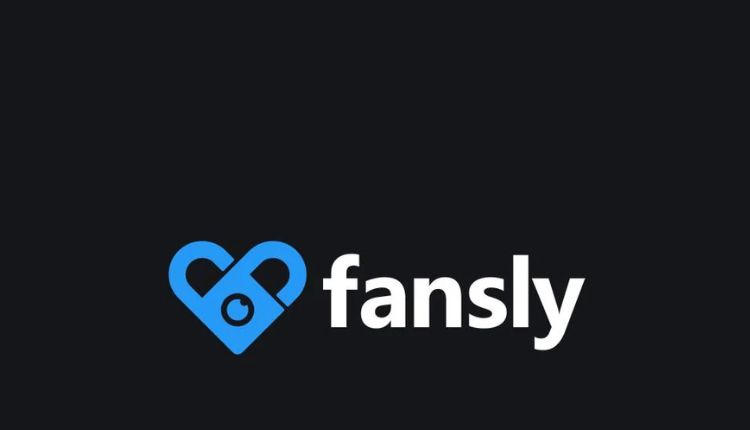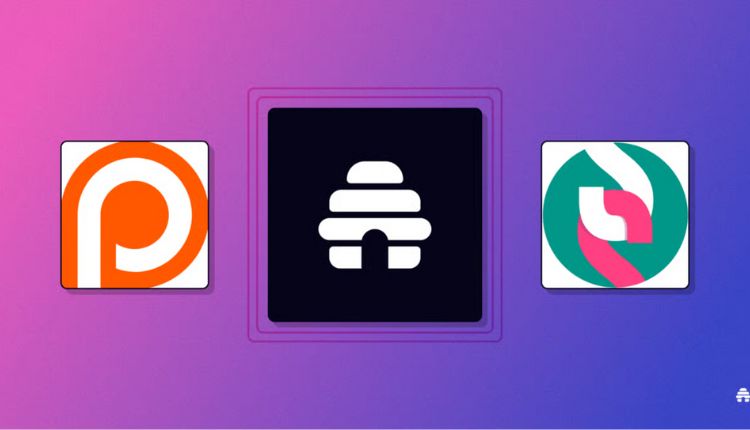Though it’s genuine, that means Kemoni and context can vary depending on utilisation; the word has gained interest for its phonetic distinctiveness and feasible links to both cultural background and online subcultures. This article delves into the multiple interpretations of “Kemoni,” exploring its viable origins, cultural relevance, and evolving meaning within the virtual age.
Linguistic Roots and Etymology
One of the primary considerations while examining a time period like “Kemoni” is its linguistic beginning. While there’s no officially documented etymology from extensively recognised language dictionaries, some propose the word may have roots in South Asian or African linguistic traditions. For instance, “kemono” might be a stylised spelling or variation of phrases utilised in various dialects where phonetic pronunciation varies by location.
In Bengali, the phrase “Kemon achho?” translates to “How are you?” While “kemono” no longer immediately appears in the Bengali language, it may be a misspelling or colloquial byproduct shaped by way of transliteration practices common in online communications. The blending of languages and virtual shorthand regularly ends in the emergence of such phrases, which are their very own social media, boards, and meme culture.
Kemoni in Popular Culture
In recent years, words like “Kemoni” have been adopted via online communities for their catchy and ambiguous nature. The rise of structures like TikTok, Reddit, and Discord has created fertile ground for the delivery of recent slang and cultural tokens. In these environments, “kemono” might also function as a username, alias, or emblem identity. It’s now not unusual for customers to invent unique names that mix elements from exceptional languages, pop culture references, or even fictional lore.
The word’s ambiguity permits it to be fluid—human beings may also challenge unique meanings onto it, from playful nonsense to a personal or tribal identifier. This form of semantic flexibility is typical of online tradition, in which the evolution of language takes place in real-time and regularly without formal documentation.
Kemoni in Art and Music
Another context wherein is regarded is in the realm of music and digital art. Independent creators and musicians frequently use summaries or invented phrases as stage names or titles for their paintings. These picks are regularly designed to stand out in seek effects, spark interest, and replicate exceptional private fashion.
There had been instances of tracks named “kemono” or artists using comparable aliases in genres ranging from electronic tunes to hip-hop and experimental soundscapes. In such contexts, the phrase takes on a classy, high-quality one that is associated with temper, identification, or inventive personality more than a concrete definition.
Kemoni as a Digital Identity
In the world of online gaming and social media, choosing a completely unique username is both a necessity and a form of self-expression. “kemono” fits this mould flawlessly: it’s brief, easy to pronounce, and devoid of earlier connotations in lots of languages, giving customers a clean slate to define what it means for themselves.
This has led to the emergence of online personalities or content material creators adopting the name. While a few may also pick it out for its aesthetic cost, others might also infuse it with privacy, which means crafting a virtual identification that reflects factors of mystery, modernity, or nostalgia.
The Evolution of Internet Slang
Language on the internet evolves unexpectedly. Terms are created, converted, and often forgotten in a matter of months. What makes a phrase like “kemono” particularly thrilling is its open-endedness. Unlike phrases that have a set slang definition (along with “yeet” or “stan”), Kemoni operates more like a vessel—capable of sporting loads of meanings depending on the community using it.
For instance, in a single digital artwork forum, “kemono” may constitute a style of stylised illustrations inspired by hybrid animal characters, echoing Japanese “kemono” (which means “beast” in Japanese and refers to anthropomorphic animal characters). In some other forum, it is probably interpreted as a call for a mythical person or mythological figure.
Cultural Crossover
The phrase “Kemoni” may additionally be visible as a kind of cultural crossover—a fusion that reflects globalization and virtual interconnectedness. As people from numerous linguistic backgrounds interact online, language turns into a melting pot. Words are created that endure factors from specific cultures to new hybrids like kemono.
This cultural blending isn’t new; however, the net hastens and amplifies it. A single tweet or meme can ship a formerly obscure phrase into viral orbit, and unexpectedly, it becomes part of digital vernacular. “kemono” fits within this phenomenon as a term that symbolizes the blending of cultures, languages, and digital expression.
Speculations Around Kemoni’s Mythical Meaning
Some internet customers and bloggers have also speculated that “kemono” could refer to a mythical being, similar in idea to folklore creatures or digital cryptids. While there is no evidence to help a historic or mythological basis for this, the hypothesis highlights a broader phenomenon where online groups invent lore to accompany exciting or mysterious-sounding phrases.
In fictional storytelling, in particular in the fable and anime genres, names like are as plausible as those of enchanted creatures, magical warriors, or otherworldly geographical regions. Fan fiction and role-playing communities have embraced such terminology to create expansive universes wherein made-up words have accumulated layers of lore over the years.
Commercial Use and Branding
Brands and startups have an increasing number of unique, invented words for business enterprise names, area registrations, and product titles. The appeal of a call like “kemono” lies in its originality and lack of affiliation with existing trademarks or domains. This makes it a notable candidate for use in generation, fashion, well-being, or digital offerings.
Indeed, a search across digital commercial enterprise directories reveals several small ventures that have taken into consideration or adopted the name “Kemoni” for apparel traces, health apps, or boutique businesses. Its exclusive yet impartial tone gives it a pass-marketplace ability, making it attractive in both Eastern and Western markets.
Kemoni and Emotional Resonance
Despite its ambiguous definition” appears to evoke a sure emotional or aesthetic reaction. Some describe it as smooth and melodic, lending itself to institutions with serenity, nature, or fable. Others discover it edgy or futuristic, becoming for cyberpunk or sci-fi aesthetics.
This twin nature—each soothing and placing—adds to its adaptability. It’s the form of a word that could name a tranquil spa, a techno DJ, or an area-travelling alien. This versatility contributes to its appeal among creatives and marketers alike.
Wrapping It Up
Kemoni stands as a testament to the evolving nature of language in the digital age. It is a word that defies a single definition but flourishes through its multifaceted utilisation. Whether as an alias, artistic identification, logo name, or speculative lore, “kemono” embodies the spirit of modern linguistic creativity.
As more humans come across and reinterpret the period, it may ultimately accumulate more concrete meaning, or continue to live as an open-ended symbol of internet-technology creativity. Either way, kemono reminds us that language isn’t static; it’s a living entity formed by way of tradition, era, and human expression.





